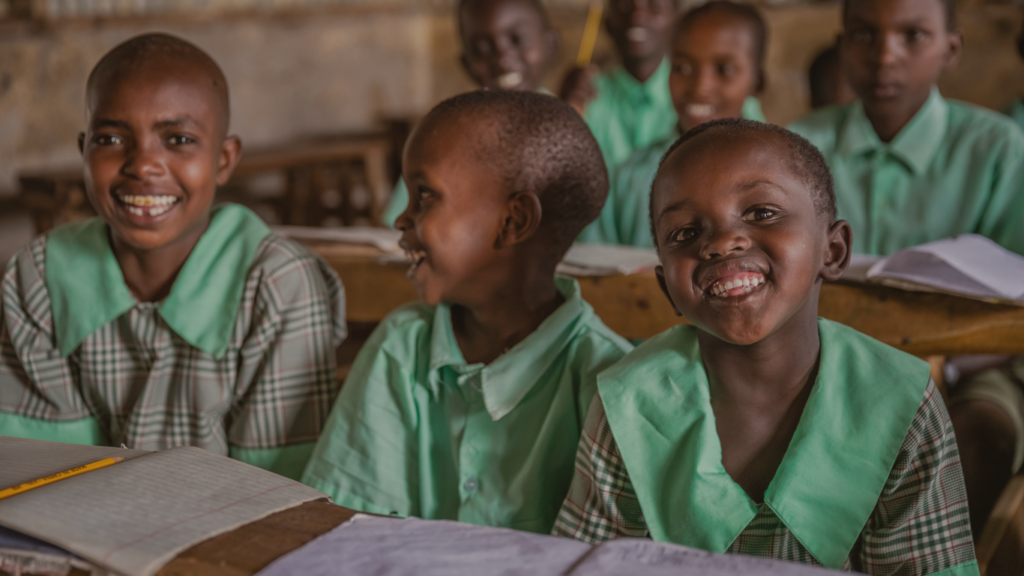The Words We Blurt Out

Your thirteen-year-old sister comes back from school, her bag in one hand while on the other is her report sheet. Hungrily, you skim through it, she came fourth in class with an average of Eighty-nine point sixty. Excitedly, congratulations flow in. The money your parents paid for her fees, her perfect class attendance despite her early morning grumblings when woken up to have a bath and all the times you all assisted her in doing her assignments, haven’t been in vain. But still, you ask.
“Who came first?”
She’s hesitant at first, but after fumbling for a while, she tells you. “Another girl did o!”
Some dark-skinned girl named Halima with long curly hair whom she describes as “really intelligent o!” And that, the first ten positions in her class, were awarded to and merited by girls.
You open your mouth and the words that you blurt out are, “So boys allowed those girls to beat them. What a shame!” And a hiss follows.
Because you see, the problem isn’t that someone took the first position and not your sister, the problem is, it was a girl who took that position and not a boy. Because it would not be an issue if the first ten had been boys, there would be no cause for a hiss or insignificant blurt-outs.
And that’s not the only thing that you blurt out about the girl children in school, is it? One may try to argue that your words have no impact and that you would have reacted the same way you did if it were boys who took the first ten positions in class. But you know, deep down, that you wouldn’t have reacted the same way you did if it were boys who took the first ten positions in class. You know, deep down, that you lie.
Now, you tell your sister this, you limit her success, you make her see the boy child as her lord and that has a lasting impact on her. This is because it is words like these that you blurt out that impede her development and stunt her equality with the opposite gender in a society rooted in patriarchal abnormalities and gender stereotypes.
More remains that can be done to improve access to education for the girl-child. A UNICEF report notes that girls suffer more than boys in Nigeria in terms of missing out on education. Today, many people still do not believe in quality education for the girl-child.
You teach boys to be competitive, to be determined, to pursue, to desire, While on the other hand, you encourage the girl child to be desired, to be pursued, to be married. This is a complex problem.
Do you not know that when you’re careless with your words and because we internalize from socialization, little children who are around you all the time will follow suit? Hence, they too will continue in your footsteps of perpetuating archaic, offensive, and stereotypical notions on the different roles of girls and boys in the world. This will lead to a backward society because a poor society is a society that doesn’t believe in the equality of all sexes.
Therefore, education is and should be, the cornerstone of empowerment for girls. When girls are educated, they gain knowledge, skills, and confidence to pursue their dreams, break free from cycles of poverty, and contribute to their communities. Girls are distinct in diverse ways and their inimitable impacts are striking in households, society, and the economy upon transition into adulthood.
Communities advance rapidly and societies ultimately find their humanness when the girl-child is genuinely empowered to attain her full potential. And if you did not know this, healthy and educated girls translate to healthier families.
The words we blurt out have power, to change the world, negatively and positively. So, as often as we can, let us endeavour to encourage girl-child education with our words and by our actions.
Written by DAVIDFNYCOUNTRY AUSTINE OGBADU.
Davidfnycountry Austine Ogbadu is a Nigerian creative artist and Thespian. He works in theatre, film, and music as a writer, actor, singer, and director. He is passionate about creating works that address pressing social issues.